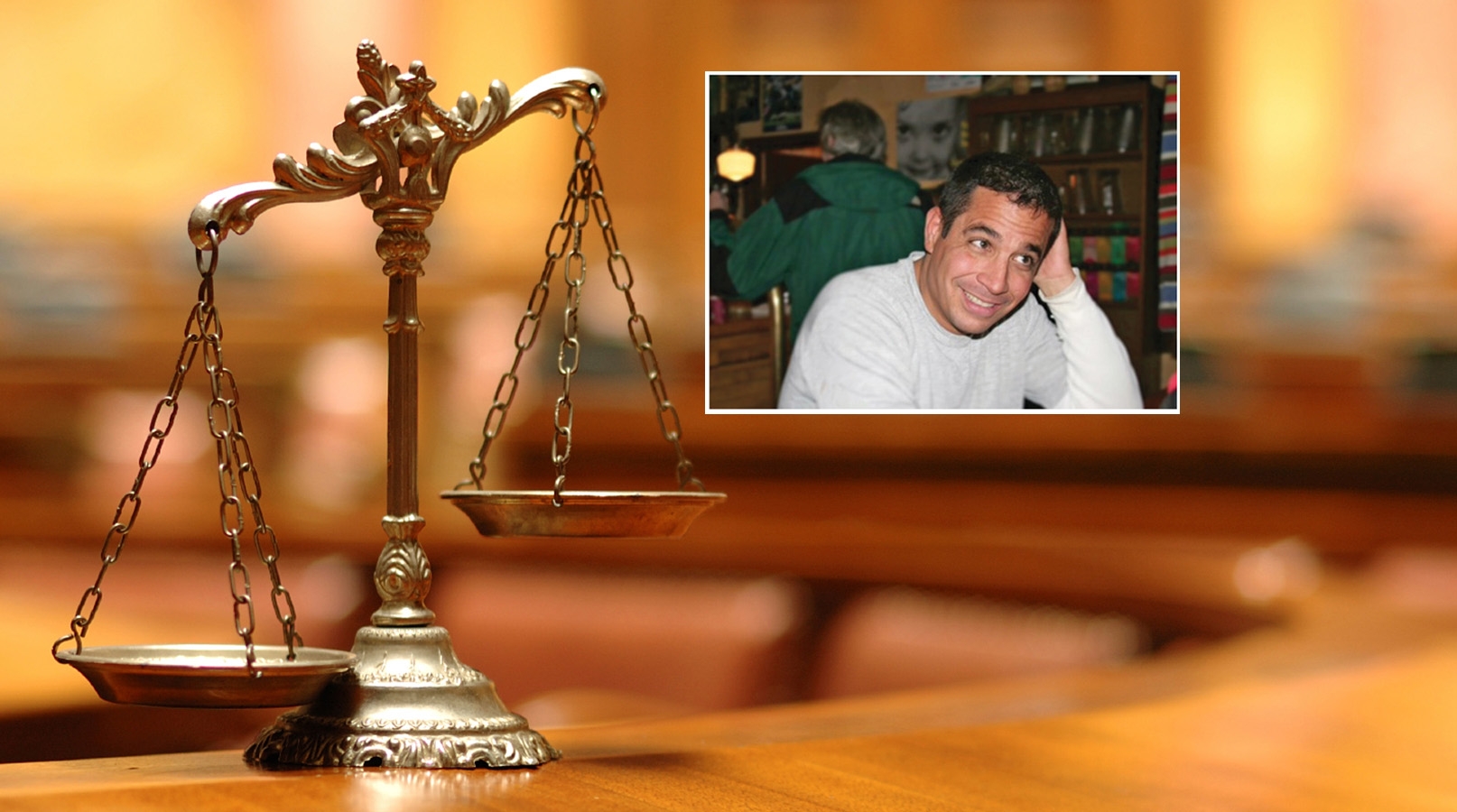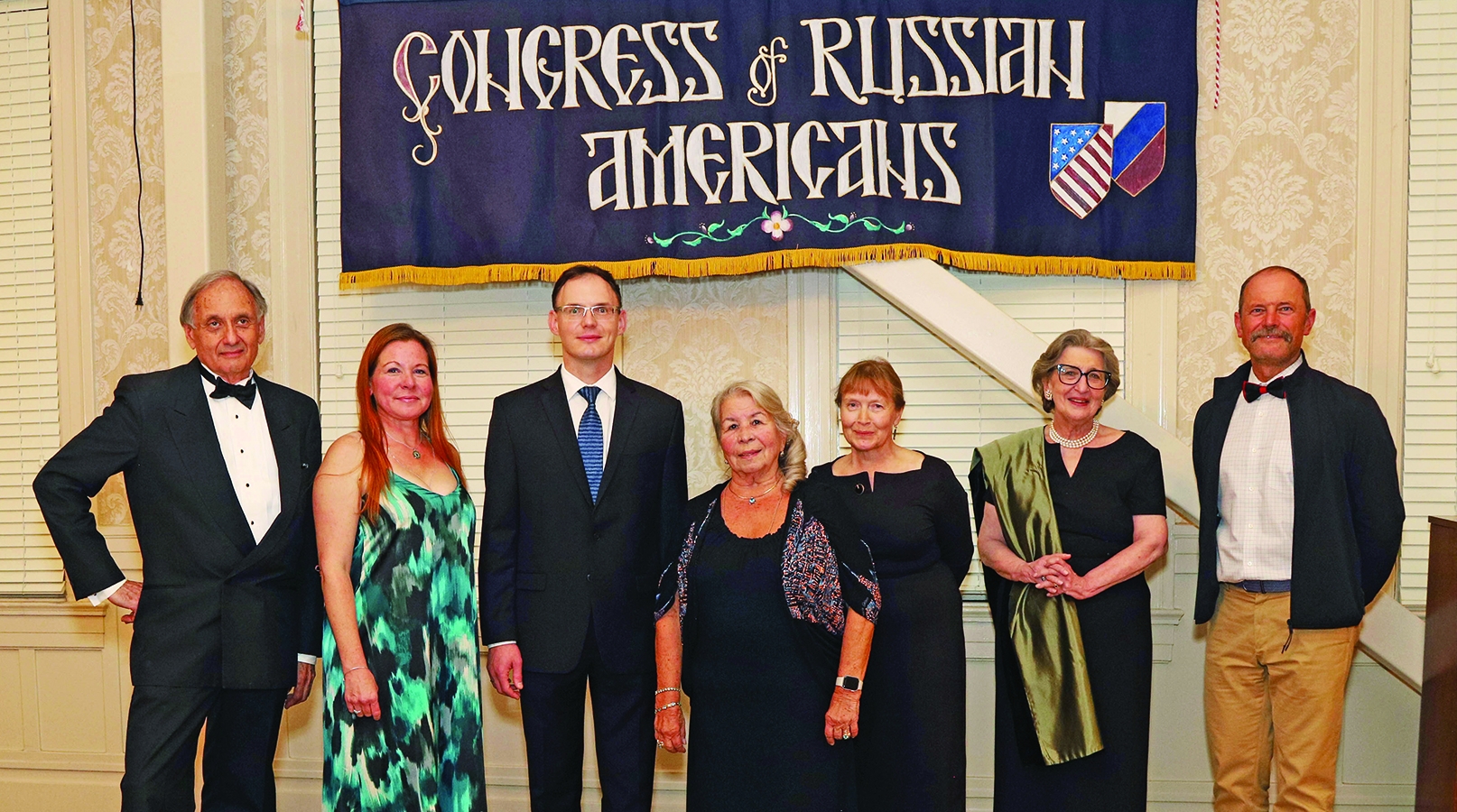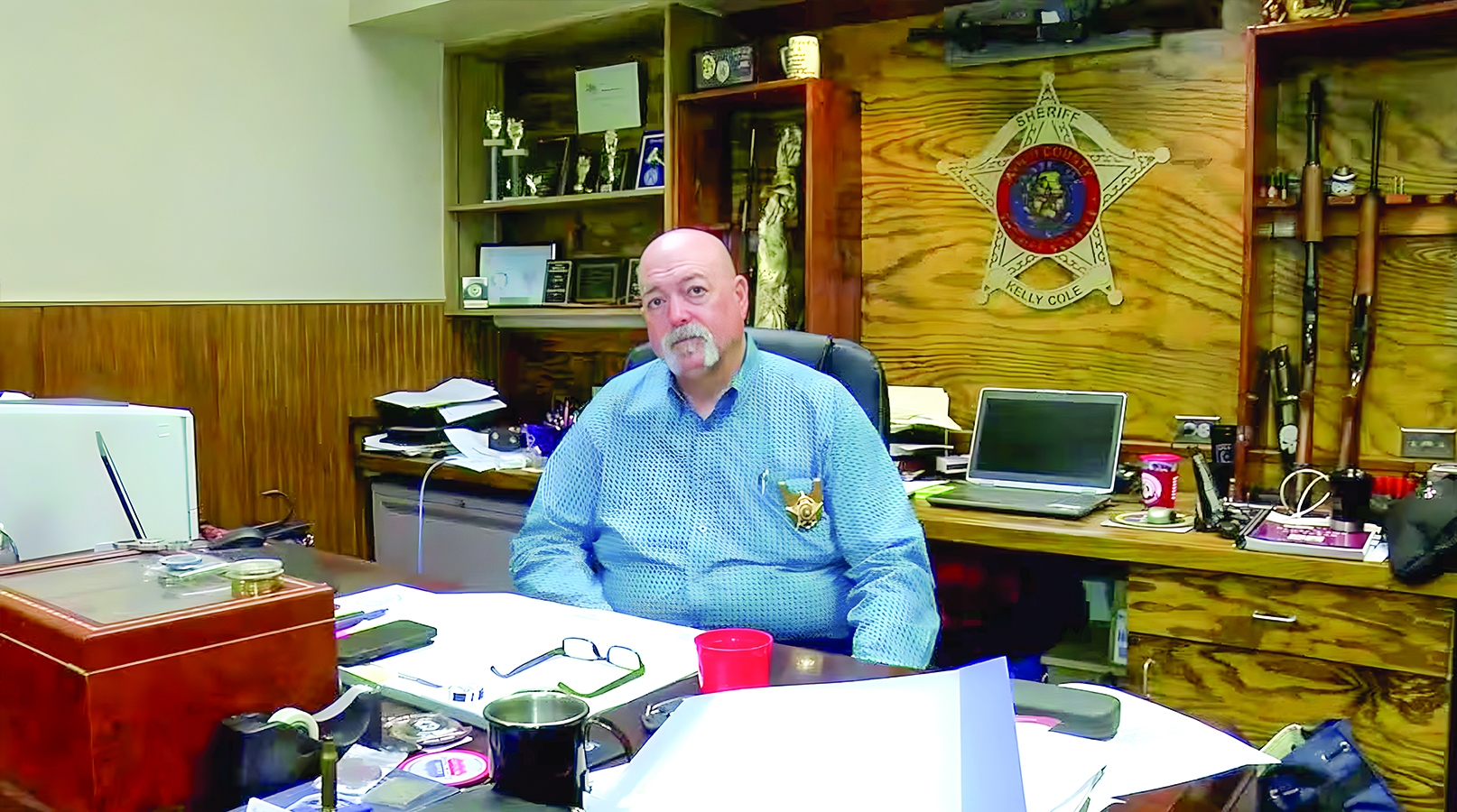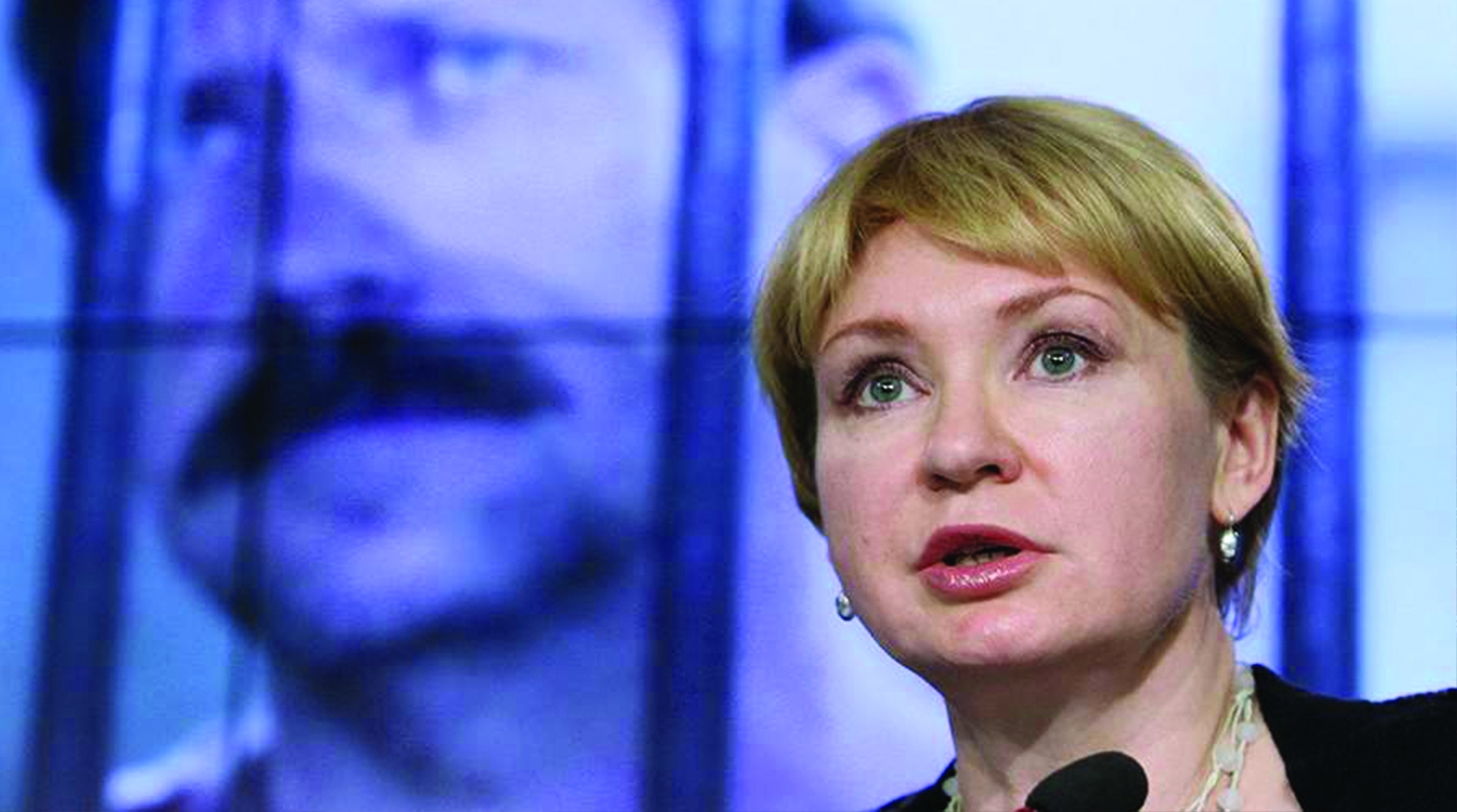This case marks an unprecedented event in American legal practice. Currently, the press is actively discussing the possibility of transferring pilot Konstantin Yaroshenko, who is serving a prison sentence in the United States, to Russia under the 1983 Council of Europe Convention. An editor of The Russian America newspaper asked attorney Alexey Tarasov about Yaroshenko’s chances of returning to his homeland.
Q: Alexey, can you tell us more about the prisoner transfer mechanism under the Council of Europe Convention? Have you had a similar experience?
A: Yes, I have. I’ll explain using the case of my client, David Mendoza, who contacted me on the recommendation of Konstantin Yaroshenko, another client of mine. Like Yaroshenko, Mendoza was convicted of drug trafficking and served his sentence at the Fort Dix prison, where he met Konstantin. After a five-year legal and diplomatic battle, we managed to return Mendoza to Spain under the Council of Europe Convention, a case without precedent in American legal practice.
Q: How did you manage to achieve this, Alexey?
A: Initially, it is important to clarify some misconceptions about the convention. A country party to the convention is not obligated to transfer a convicted person to another country that requests that person. The key step in this process is having an agreement between the countries on the transfer of the convicted individual and the sending country’s consent to the transfer. The convention is merely a form or mechanism for legally formalizing this agreement between countries.
Q: Does this mean American and Russian diplomats can agree on Yaroshenko without using the convention?
A: Precisely. Countries can reach any agreement without employing the convention’s mechanism. It is also important to note that the convention does not require any kind of prisoner exchange. However, diplomats can agree on an exchange and use the convention to legally formalize the transfer of citizens to the requesting countries. Essentially, the convention outlines the steps for transferring convicted persons, provided there is consent for their transfer. It is crucial to understand that under the convention, the convicted person is transferred to serve his sentence in his homeland (or the country of their other or only citizenship), not for immediate release. While the convicted person might be pardoned in the future, the requesting country must demonstrate that its laws can “adapt” the sentence of the extraditing country and ensure that the convicted person serves the sentence legally within its territory.
Q: Even if the sentence was deemed unfair by the requesting party?
A: There can be no debate about the legality of the sentence imposed. If there were, it would imply the convicted person is being transferred not to serve his sentence, but to be released from it, which is contrary to the convention’s purpose. The convention aims to facilitate the rehabilitation of the convicted person by allowing him to serve the sentence in his home country. For someone serving a sentence, it is vital to have the chance to communicate in one’s native language and meet with relatives.
Q: Now, could you tell us more about the David Mendoza case?
A: David Mendoza was born in California to Spanish parents and spent significant time in Spain during his childhood. He continued to live between the two countries, founding a construction and restaurant business in Seattle, U.S. Shortly before facing criminal charges in the United States, Mendoza moved to Spain and acquired Spanish citizenship. He was then arrested by Spanish police at the request of the United States for extradition on charges of transporting large quantities of marijuana from Canada to the United States by helicopter. Spain agreed to extradite Mendoza under specific conditions.
Q: What were these conditions?
A: The conditions were that he would not receive a life sentence, would not be convicted of a crime related to currency transactions (as Spain has no equivalent crime), and that he could return to Spain to serve his sentence near his family. Mendoza agreed to these terms, halting his appeal against extradition in Spanish courts.
Q: Did he admit his guilt?
A: Yes, he pleaded guilty in a U.S. federal court and received a 14-year prison sentence. As per the agreement, Mendoza twice requested the U.S. Department of Justice to transfer him to Spain under the convention, but was denied. That’s when I got involved in the case, initiating an unusual procedure in federal court: a civil lawsuit against the U.S. Attorney General for not fulfilling a contractual obligation. We provided evidence of an agreement to transfer Mendoza to Spain after his conviction, but the prosecution denied such an agreement’s existence. As the court case progressed, diplomatic negotiations intensified, leading to the U.S. agreeing to Mendoza’s return. His transfer application was approved, and the federal court case was subsequently closed.
Q: Where is David Mendoza currently?
A: He is serving his sentence in a Spanish prison, where conditions are notably milder. He has opportunities to communicate and spend time with relatives. It is likely that he will be released early, a possibility that the U.S. federal penitentiary system does not offer.
Q: Alexey, what is the secret of success in the Mendoza case? Why was it possible to return him to Spain?
A: First, it involved qualified legal assistance right from the start in Spain. His defenders were successful in Spanish courts and in securing a diplomatic agreement outlining the conditions for his return to Spain.
Q: But the United States initially refused to fulfill this agreement with Spain...
A: I can’t speculate on the reasons for this refusal. The U.S. didn’t recognize the contract, so involving another independent and powerful authority – the U.S. judiciary – was crucial. Our case was strongly presented before a federal judge, and there was a real concern for the prosecutors that the decision might not be in their favor. Diplomatic negotiations can strain bilateral relations, but a U.S. court ruling against the U.S. Attorney General would have significant domestic repercussions. I believe it would have attracted a wave of criticism towards U.S. authorities for failing in diplomatic relations. The involvement of U.S. courts was an essential part of our strategy, even though the court didn’t have to make the final decision. In summary, Mendoza was returned to Spain due to the early efforts of lawyers and diplomats in Spain and the competent presentation of the case in the U.S. court system by our law office.
Q: If we draw parallels with Yaroshenko, can this strategy be applied in his case?
A: The facts in Yaroshenko’s case differ significantly from those in Mendoza’s. Yaroshenko was abducted in a third state, and Russia didn’t have the opportunity to negotiate the terms of his extradition and return. Additionally, the prosecution initially convinced the court to prohibit the use of information about his abduction and torture in the jury trial. When I joined the case at the appeal stage, it was procedurally more challenging to use this argument, as it wasn’t considered in the first instance. However, the facts about his abduction and torture were still central to our argument in his case.
Q: You managed to obtain irrefutable evidence of this...
A: Yes, through our independent investigation, we acquired new evidence about the facts of Yaroshenko’s abduction and torture. We filed a motion to re-examine his case based on these newly discovered circumstances. In the U.S., such procedures are usually overseen by the same trial judge who issued the original sentence. In Yaroshenko’s case, the judge dismissed our petition, not considering the evidence as “new.” At the appellate stage, the prosecution didn’t deny the new facts but argued that this evidence could have been obtained earlier.
Interestingly, the Russian Federation filed an amicus brief in support of Konstantin Yaroshenko, which was only the second time in the history of bilateral relations that such a step was taken. Despite these circumstances and other arguments in the case, the appellate court denied our request for a new trial. The next level would have been the U.S. Supreme Court.
Q: But your client decided not to appeal to the U.S. Supreme Court?
A: After the appellate court dismissed such a well-founded petition and arguments from a sovereign state, Konstantin lost faith in American justice and chose not to file a certiorari petition to the U.S. Supreme Court. I respect his decision. With this, the legal case concluded.
However, in my professional opinion, the Supreme Court was the appropriate forum to address this case between the two countries. The Supreme Court takes on only about 100 cases a year, but Yaroshenko’s case had a fair chance. At a minimum, it could have bought additional time for more intense negotiations on his transfer while the Supreme Court decided whether to consider his appeal. The Russian pilot’s case has negatively impacted bilateral relations and has been a topic of high-level diplomatic discussions. The precedent we referred to is valid but has been interpreted differently by various appellate circuits, which often prompts the Supreme Court to review a case. Arguments were submitted from a sovereign state – the Russian Federation – in defense of its citizen, which could have been a compelling reason for the U.S. Supreme Court to hear the case.
Q: Alexey, can the Mendoza case somehow practically help Yaroshenko?
A: Yes, certainly. The absence of a pending court case does not impede the negotiation process, and as I mentioned before, countries are free to reach any agreement. In court, we argued against the legality of Yaroshenko’s sentence. Now that Konstantin has chosen not to appeal further and to seek transfer under the Council of Europe Convention, claims of complete innocence would seem inconsistent with the purpose of this international instrument. The convention implies that the convicted individual accepts his sentence and requests to serve it in his home country, where the law permits this, even though the possibility of a subsequent pardon exists. After the final verdict, Mendoza focused on the process of his transfer under the treaty rather than on claims that the verdict was illegal.
It is important to note that Russia has been conducting serious diplomatic work for this case from the beginning. I believe that with improving bilateral relations, Konstantin’s return to his homeland is quite possible.
Anna Vladimirova, “The Russian America” newspaper, August 15, 2016







